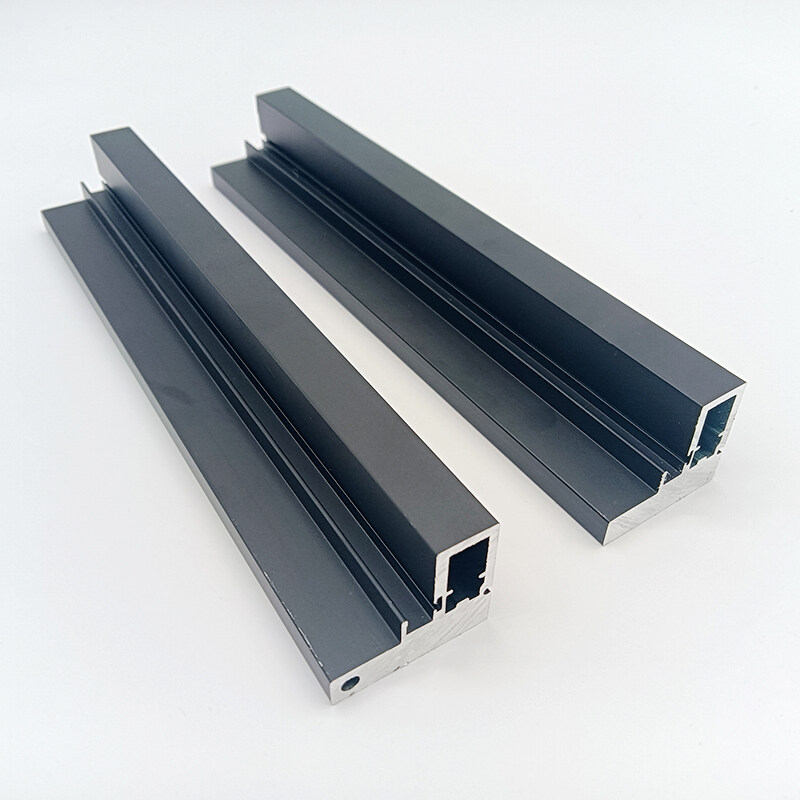Email format error
Email cannot be empty
Email already exists
6-20 characters(letters plus numbers only)
The password is inconsistent
Email format error
Email cannot be empty
Email does not exist
6-20 characters(letters plus numbers only)
The password is inconsistent


Aluminum vs Alloy Frame: What’s the Best Choice for Your Next Bike?
When you’re in the market for a new bike, one of the most significant decisions you’ll face is choosing between an aluminum frame and an alloy frame. Both types of frames offer unique advantages, and the choice can greatly impact your riding experience. In this blog, we’ll explore the ins and outs of aluminum versus alloy frames to help you make the best decision for your cycling needs.
The Basics of Bike Frames
Before we dive into the specifics, let’s understand the basics. Bike frames are crucial as they determine the bike’s performance, comfort, and durability. The material used for the frame can significantly influence these aspects.
Aluminum Frames: These are made from pure aluminum. Aluminum is prized for its light weight and ability to resist rust. It’s a popular choice for budget-conscious cyclists who still want a high-performing bike.
Alloy Frames: Alloy frames are made from aluminum combined with other metals, such as magnesium, silicon, or copper. This mixture creates a material that can be tailored to specific performance characteristics, like strength and weight.
Advantages of Aluminum Frames
1. Lightweight: One of the biggest benefits of aluminum frames is their lightweight nature. This makes climbing hills and accelerating easier, providing a boost for riders who prioritize speed and agility.
2. Cost-Effective: Aluminum frames are generally more affordable compared to high-end materials like carbon fiber or titanium. This makes them an excellent choice for budget-conscious riders looking for performance without breaking the bank.
3. Rust-Resistant: Aluminum’s natural resistance to rust means that these frames are well-suited for wet conditions or environments where bikes might be exposed to moisture.
4. Stiffness: Aluminum frames are known for their rigidity, which translates to efficient power transfer from the rider to the wheels. This stiffness can be beneficial for competitive cyclists who want every ounce of power to count.
Drawbacks of Aluminum Frames
1. Ride Comfort: The stiffness of aluminum frames can result in a less forgiving ride compared to materials like steel or carbon fiber. On long rides or rough terrain, this can translate to a harsher experience.
2. Impact Resistance: While aluminum is strong, it can be more susceptible to dents and damage from impacts compared to other materials. This might be a concern for mountain bikers or riders who frequently encounter rough conditions.
Advantages of Alloy Frames
1. Customizable Properties: Alloy frames can be designed with various metal combinations to achieve specific performance characteristics. For instance, some alloys offer better shock absorption, enhancing ride comfort.
2. Enhanced Strength: The combination of metals in alloy frames can result in greater strength and durability. This makes them suitable for riders who need a bike that can withstand rigorous use and rough conditions.
3. Improved Comfort: Many alloys are designed to offer better ride quality by absorbing more road vibrations and shocks. This can be especially beneficial for long-distance riders who need extra comfort.
4. Versatility: Alloy frames can be crafted to suit a range of bike types, from road bikes to mountain bikes, making them a versatile choice for various cycling disciplines.

Drawbacks of Alloy Frames
1. Cost: Alloy frames can be more expensive than pure aluminum frames due to the cost of additional materials and manufacturing processes. This may be a consideration for those with a tighter budget.
2. Weight Variability: The weight of alloy frames can vary depending on the specific metals used and the design of the frame. While some alloys are lightweight, others may be heavier than pure aluminum frames.
3. Repair Complexity: Repairing an alloy frame can be more complex due to the mix of metals used. If the frame becomes damaged, the repair process might be more involved compared to aluminum frames.
Making the Right Choice
Choosing between an aluminum and an alloy frame depends on several factors, including your riding style, budget, and preferences:
1. Riding Style: If you’re a competitive cyclist looking for a lightweight and efficient bike, an aluminum frame might be ideal. If you’re more concerned about comfort and durability, especially for rough terrain, an alloy frame might be better.
2. Budget: Aluminum frames are generally more affordable. If you’re looking for a cost-effective option that doesn’t compromise too much on performance, aluminum is a solid choice. However, if your budget allows and you want additional features like improved comfort or strength, an alloy frame might be worth the investment.
3. Comfort and Ride Quality: If ride comfort is a priority, consider an alloy frame with good shock-absorbing properties. Alloy frames can offer a smoother ride, which can be particularly beneficial for long-distance cycling.
4. Durability and Usage: Think about how you’ll use the bike. For frequent rough use, an alloy frame with enhanced durability might be a better fit. For less aggressive riding, an aluminum frame should suffice.
Conclusion
In summary, both aluminum and alloy frames have their distinct advantages and disadvantages. Aluminum frames are lightweight, cost-effective, and rust-resistant, making them a popular choice for many riders. Alloy frames, with their customizable properties and enhanced strength, offer improved comfort and versatility.
By considering your specific needs and preferences, you can make an informed decision that best suits your cycling style. Whether you choose the simplicity of an aluminum frame or the advanced features of an alloy frame, the right choice will help you enjoy a better riding experience. Happy biking!

